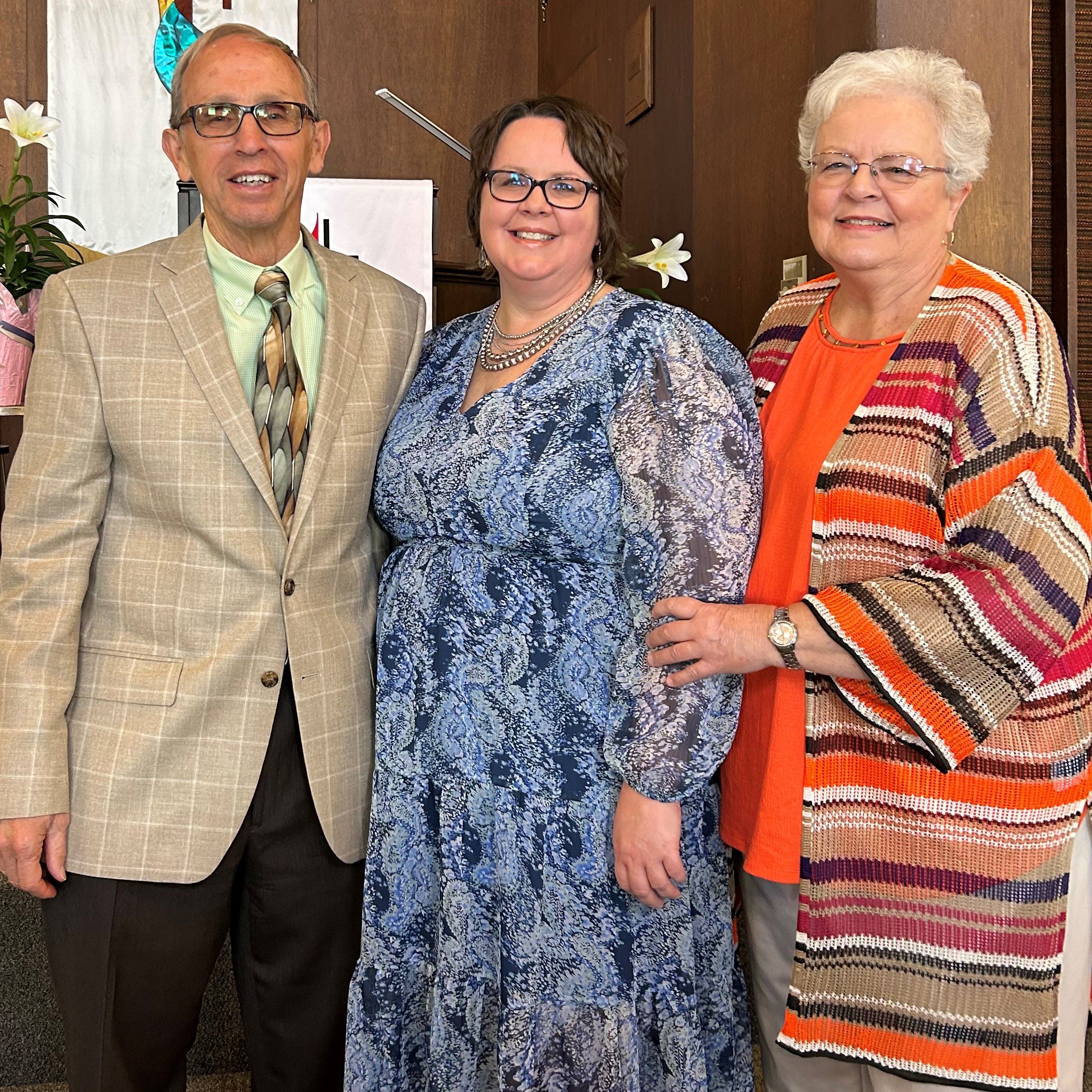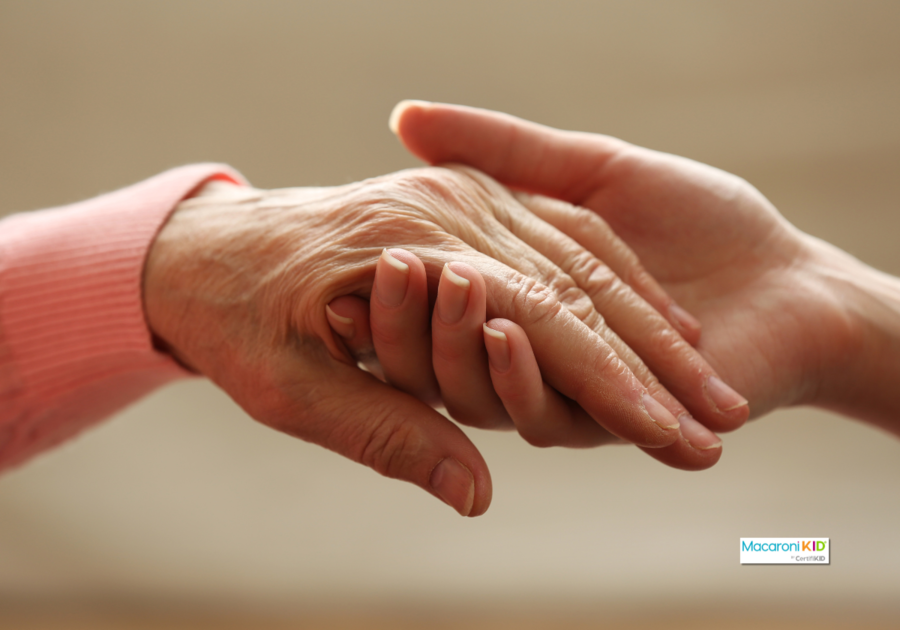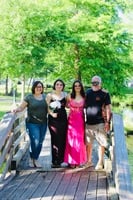Last spring life was going swimmingly when — BOOM! — life took a very hard and abrupt detour.
My dad, who had been visiting us with my mom from out of state, suddenly became very ill. A trip to the ER turned into a month long hospitalization that included major heart surgery. It also meant I needed to help take care of my mom, who was in a town she didn't know well and dealing with the sudden change in my dad's health.
Not only did I have to grapple with the sudden day-to-day change of schedules and logistics, I had the emotional side to deal with as well. One of the hardest parts was how much to share with my 8-year-old son, Quinten, who was rightfully scared about what was happening to his beloved grandfather.
So life pivoted quickly and unexpectedly, and the emotional and physical toll wiped me out more than anything I had ever experienced.
Overnight I had unexpectedly become part of the "sandwich generation." That term defines a growing number of people, typically in their 30s and 40s, who are caring for their aging parents while raising children of their own.
Looking back at that time, I realized I really learned a lot, and want to share my most important takeaways in case you find yourself unexpectedly part of the sandwich generation.
 |
The author and her parents.
What I learned
1. Lean into your networks
Now is the time to let others help YOU. Personal friends and friends in my women's organization offered and brought meals. Honestly, it was hard to accept such generous amounts of food, but literally, those meals saved my sanity. After days of driving back and forth into the city to see my parents, having meals delivered in time for dinner meant I did not have to rush out of the hospital and leave my parents' side.
Also during this time, my husband took advantage of flexible work hours to help with our son at home. This is not the time to be shy to avail yourself to any help that is out there, though I understand it may be difficult to ask or accept.
2. Let others fill in
My sister flew to Baltimore to be with my dad and help with my mom. I had gotten accustomed to being there, but my sister assured me I did not need to be there when she was. That weekend break was such a relief, physically, emotionally, mentally — all of it.
 Anne MS | Canva Anne MS | Canva |
3. Be honest with your kids
My therapist reminded me to share what is age appropriate with Quinten. For us, that meant assuring my son that his grandpa was right where he needed to be with smart people who knew what he needed to make him better. I also did not take him to the hospital. We believed seeing his grandpa so sick would not have been beneficial.
My therapist also advised me that the simple act of reassuring Quinten was also a tacit consolation to myself. She was right: Just saying the words out loud was indeed beneficial to me as well.
4. Take time for YOU
This one was probably the hardest of all, because I felt selfish at times. Here I have all these people around me, who I love and who need me right now, and I'm doing something just for me? However, I never felt more profoundly the adage, "You can't pour from an empty cup."
I had been doing what needed to be done for so long, and probably on autopilot, that I didn't even realize my cup was empty until I had a wonderful, leisurely lunch with a friend who filled my cup back up. She wanted to hear about Dad, but I insisted I wanted to hear about her recent overseas trip first. Getting my mind off tests and surgeries was just what the doctor ordered.
Almost a year later, I am thrilled to report that my dad is doing great. He's resumed his usual active lifestyle, is traveling again, and is as healthy as can be under the circumstances. I no longer feel "sandwiched," but I feel better equipped if and when a "sandwich" situation arises again.
Laura McElwain Colquhoun is the publisher of Macaroni KID Pasadena-Severna Park-Glen Burnie, Md.



